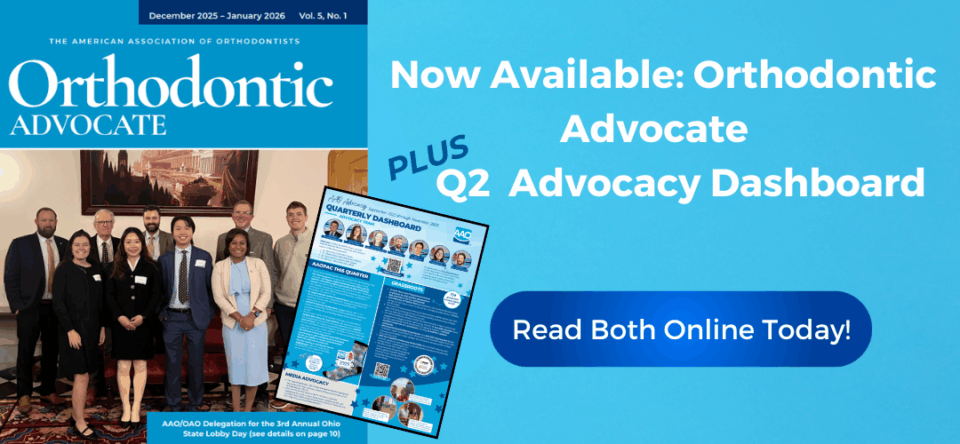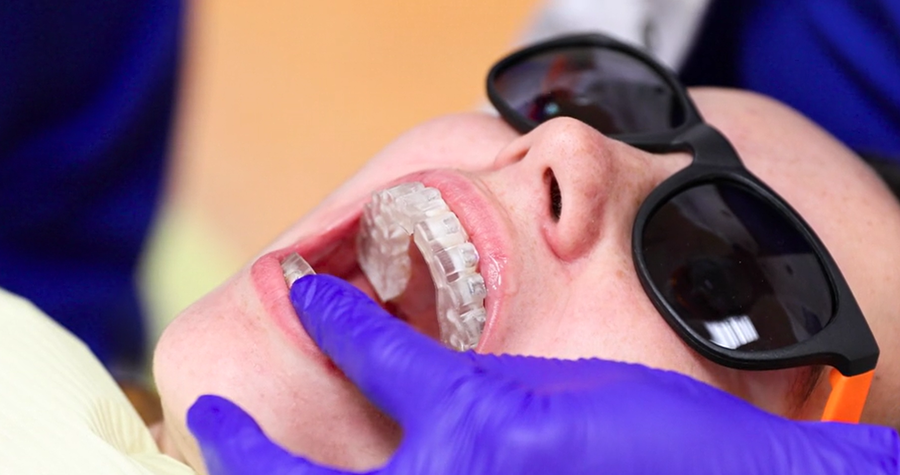The American Association of Orthodontists (AAO) has announced a new partnership with the National Eating Disorders Association (NEDA). NEDA, the leading non-profit in the field of eating disorders, supports individuals and families affected by eating disorders and serves as a catalyst for prevention, cures, and access to quality care.
This partnership will provide educational resources for orthodontists to help them recognize eating disorder warning signs and to understand triggering behaviors and language that can cause harm.
“Orthodontists understand their significant role as a healthcare provider,” said Dr. Norman Nagel, AAO president. “The partnership with NEDA will enable them to help their patients. I am confident that each of our members will utilize the NEDA educational materials to help recognize the signs, provide valuable resources to patients and their parents, and improve the care they provide to patients with eating disorders by learning to avoid triggering language and behaviors.”
“We are thrilled about our partnership with the AAO. By understanding the etiologies of eating disorders, recognizing the mouth warning signs, and safely intervening, at an early stage, when appropriate, dental professionals can help the millions of Americans with these potentially deadly diseases start down the road to recovery.” Elizabeth Thompson, NEDA’s CEO continued, “We look forward to supporting AAO and its members as you embrace this sensitive and vitally important work.”
Eating disorders are serious, life-threatening physical and mental illnesses that can affect anyone, regardless of age, race, gender identity, sexual orientation, or background. According to a study conducted by Deloitte Access Economics, more than 5% of the population struggles with an eating disorder, and many of these develop in adolescence and early adulthood. Given that more than 65% of orthodontic patients are under the age of 18, orthodontists are in a unique position to identify and support patients with eating disorders.
Warning signs, such as damage to teeth enamel, can signal to the orthodontist that the patient may have an eating disorder. Orthodontists can improve the care they provide by being sensitive to the language they use and restrictions they may prescribe. For example, food restrictions for individuals with braces may cause mental health distress to someone with an eating disorder.
Additionally, the new partnership between the AAO and NEDA demonstrates yet another reason why in-person examination and care is an essential part of orthodontic and dental treatment. When orthodontists examine a patient in-person prior to beginning orthodontic treatment, they are examining primarily for conditions and factors directly related to the treatment—but, the in-person examination also provides an opportunity for detection of numerous other conditions and problems not directly related to the orthodontic treatment, such as signs and symptoms of eating disorders. Information provided by NEDA and distributed by the AAO to AAO members will allow AAO members to add detection of potential eating disorders to the benefits provided by an in-person examination.
Resources will be available for AAO members and their teams this fall.



